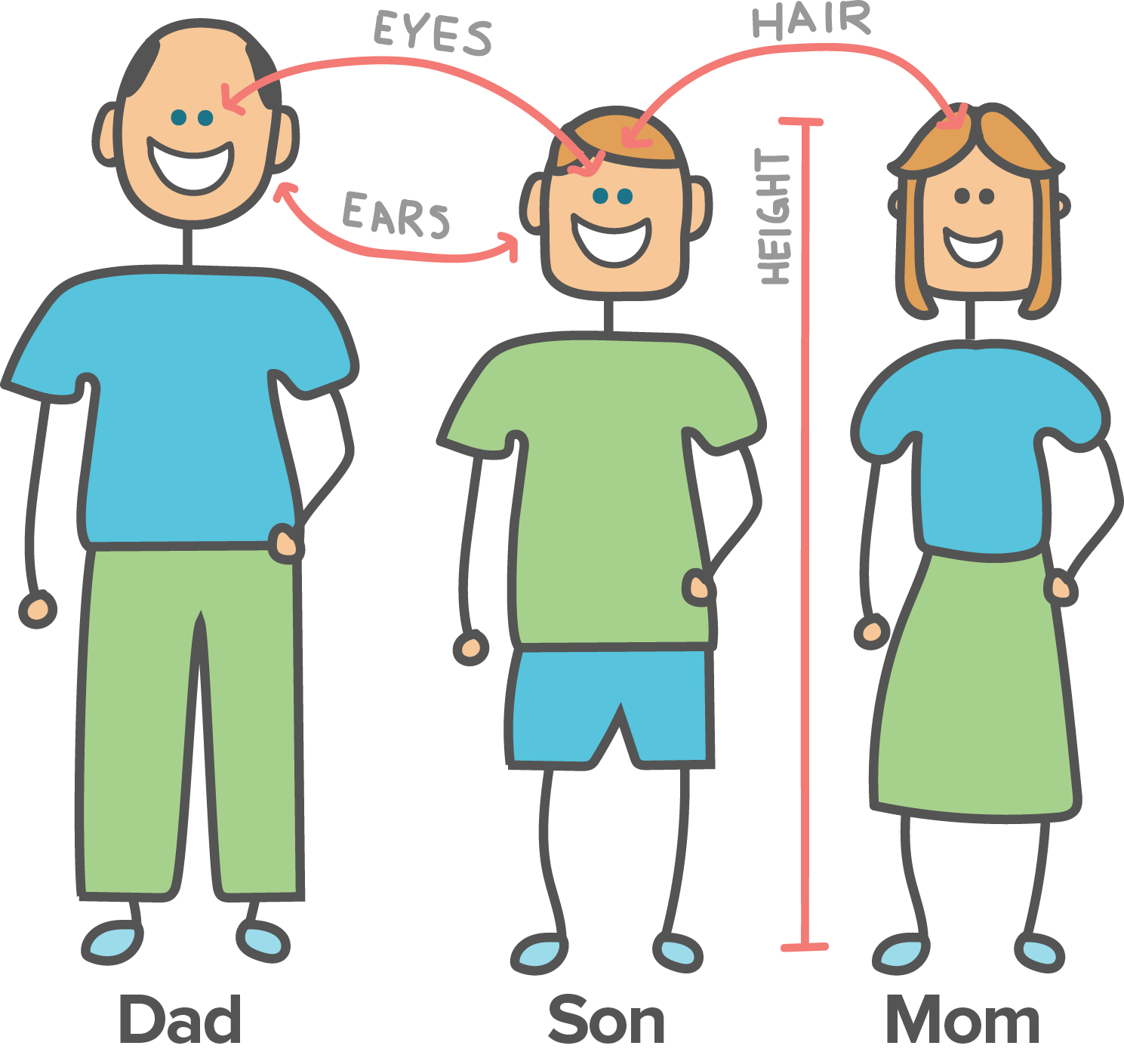Unveiling the Wonders of Biology: Exploring the Marvels of Life
Introduction:
Biology, the study of life, encompasses the intricate mechanisms that drive the diversity and complexity of living organisms. From the tiniest microorganisms to majestic ecosystems, biology unravels the mysteries of existence. In this article, we embark on a fascinating journey through the realms of biology, exploring its key branches and the remarkable discoveries that have shaped our understanding of life.
The Cellular Basis of Life:
At the heart of biology lies the cell, the fundamental unit of life. Cells are extraordinary microscopic entities that carry out essential functions, such as metabolism, growth, and reproduction. Delving into the world of cells reveals their intricate structures, including organelles like the nucleus, mitochondria, and chloroplasts, each playing a vital role in cellular processes.
Genetics and Heredity:
Genetics, a cornerstone of biology, explores the inheritance and variation of traits across generations. The discovery of DNA, the blueprint of life, revolutionized our understanding of heredity. The intricacies of genes, chromosomes, and genetic mutations have unveiled the mechanisms behind inherited diseases and the fascinating world of genetic diversity.

source: Khan Academy
Evolutionary Biology:
The theory of evolution, proposed by Charles Darwin, provides a framework for understanding the diversity of life on Earth. Evolutionary biology investigates how species adapt and change over time, driven by natural selection and genetic variation. From the ancient origins of life to the complex web of ecosystems, the study of evolution unravels the interconnectedness of all living organisms.

source: https://blog.prepscholar.com/what-is-cell-theory
Ecology and Ecosystems:
Ecology delves into the relationships between organisms and their environment, examining the intricate balance that sustains life on our planet. Ecosystems, comprising diverse communities of organisms and their interactions with the physical environment, demonstrate the delicate interplay between species, habitats, and natural resources. Understanding ecology is critical for conserving biodiversity and addressing environmental challenges.
Biotechnology and its Applications:
Advances in biology have paved the way for remarkable applications in the field of biotechnology. Genetic engineering, cloning, and gene editing techniques have opened new frontiers in medicine, agriculture, and environmental conservation. From life-saving medical treatments to genetically modified crops, biotechnology offers immense potential to address global challenges and improve the quality of life.
Conclusion:
Biology serves as a gateway to unlocking the mysteries of life. From the intricate dance of molecules within cells to the grand tapestry of ecosystems, the study of biology enables us to appreciate the beauty and complexity of the natural world. It empowers us to understand and address pressing global challenges, from disease eradication to environmental conservation. As we delve deeper into the wonders of biology, we continue to unravel the secrets of life, inspiring awe and driving us to shape a better future for all living beings.